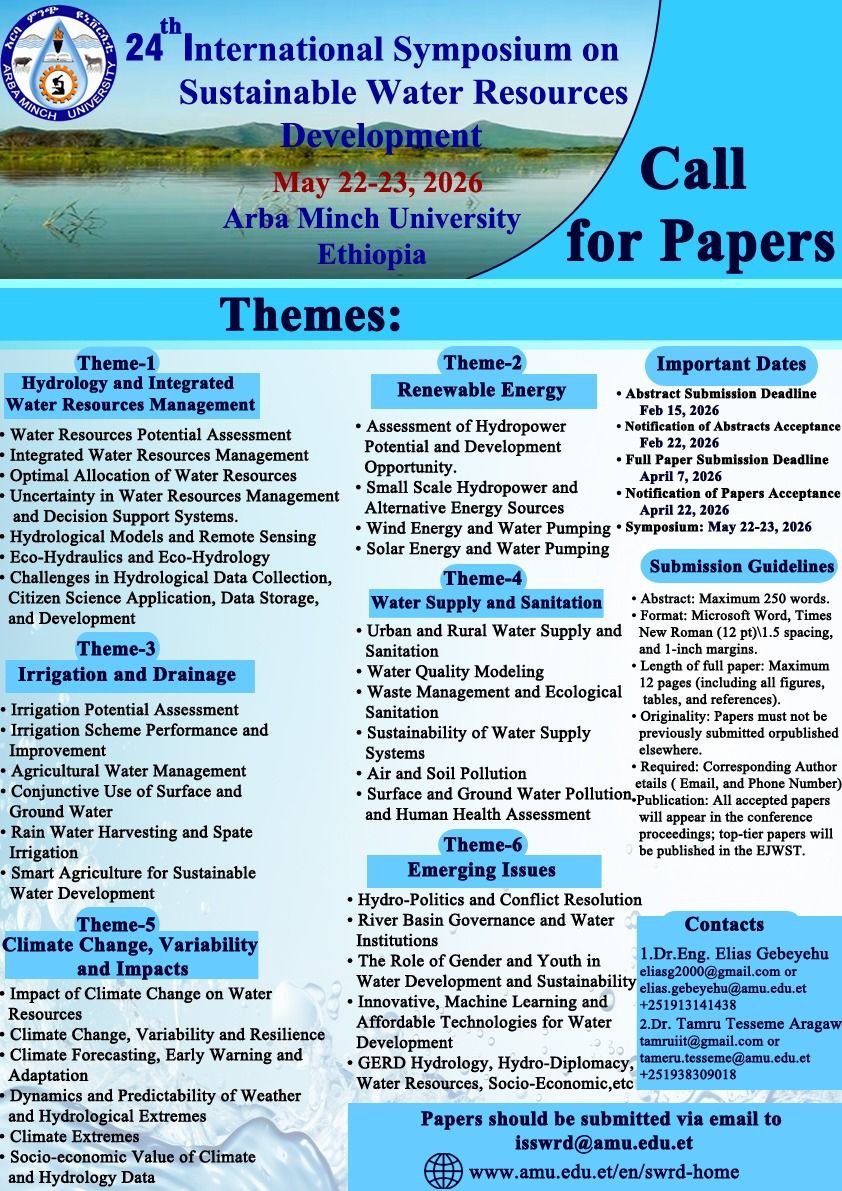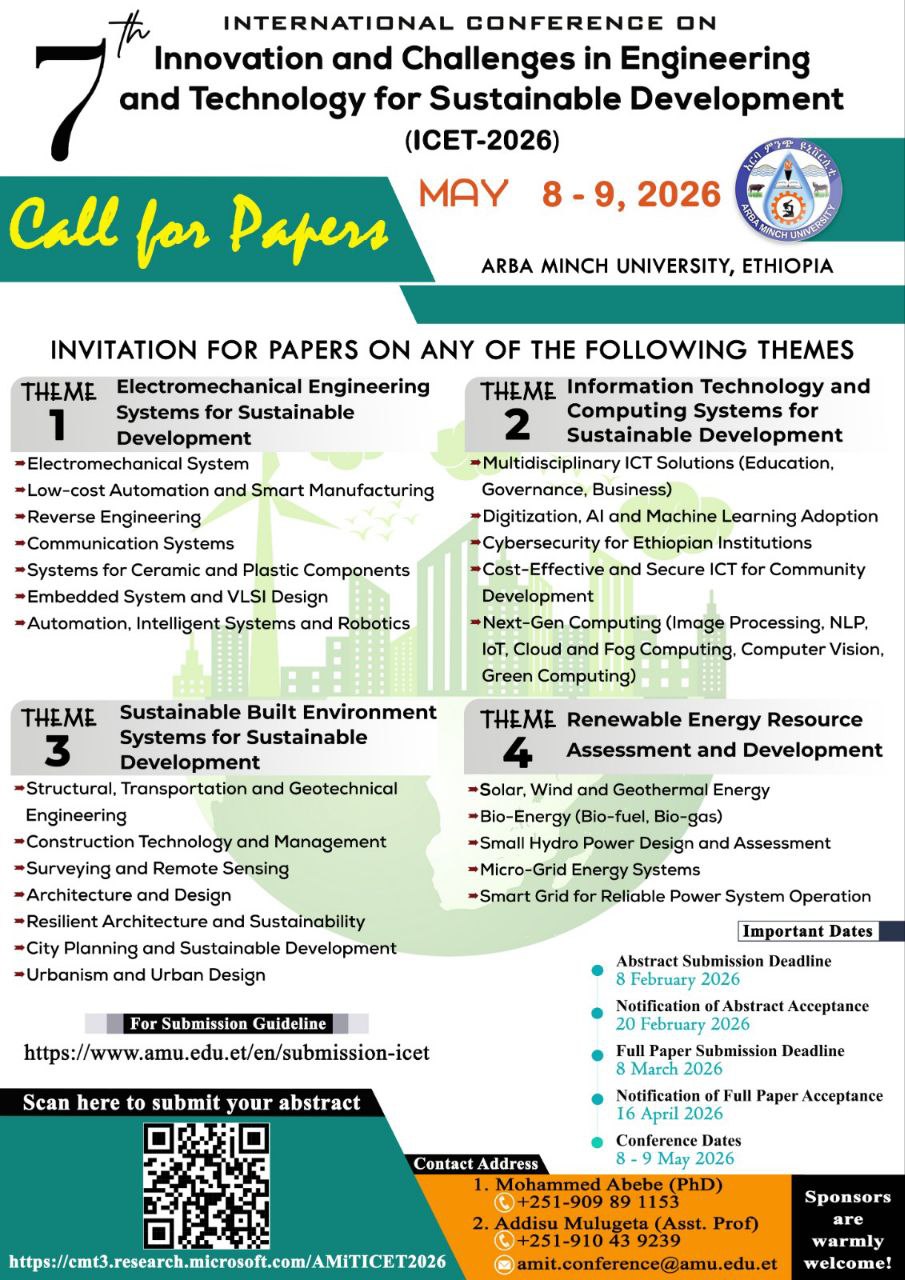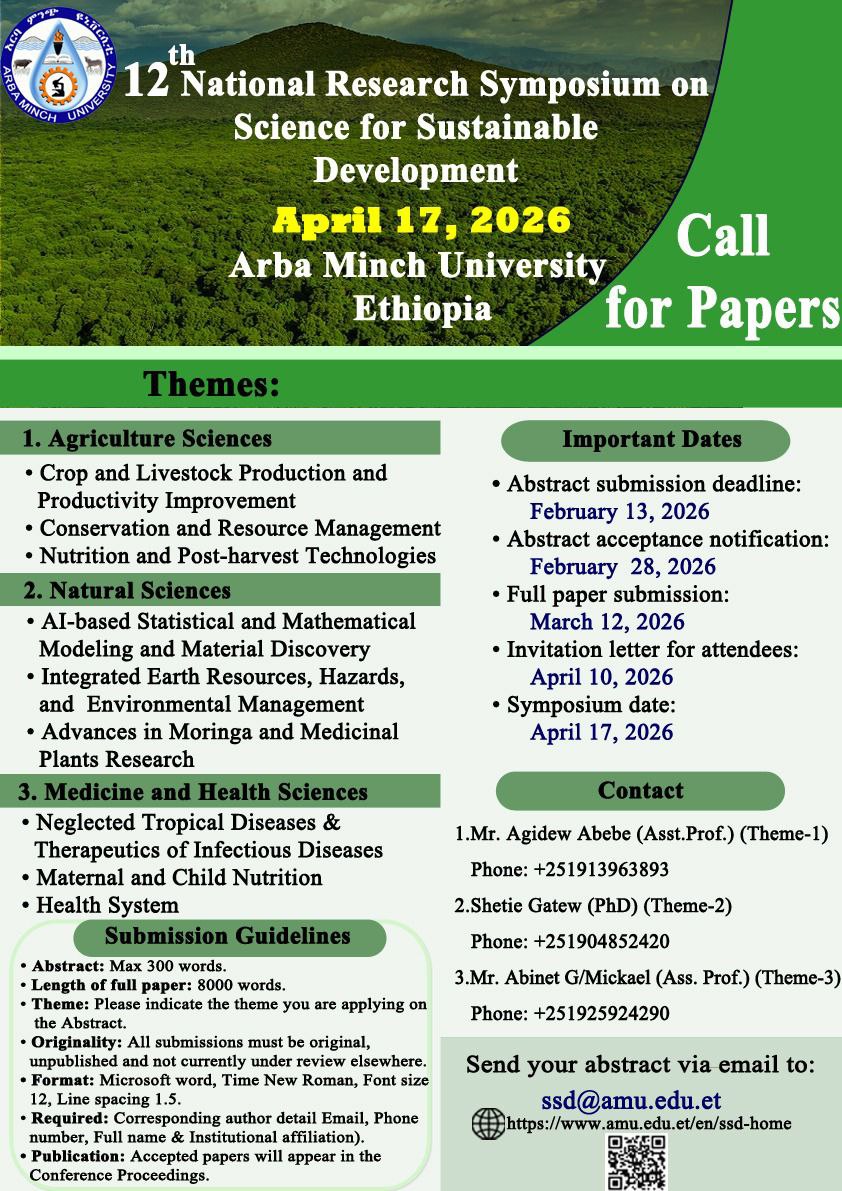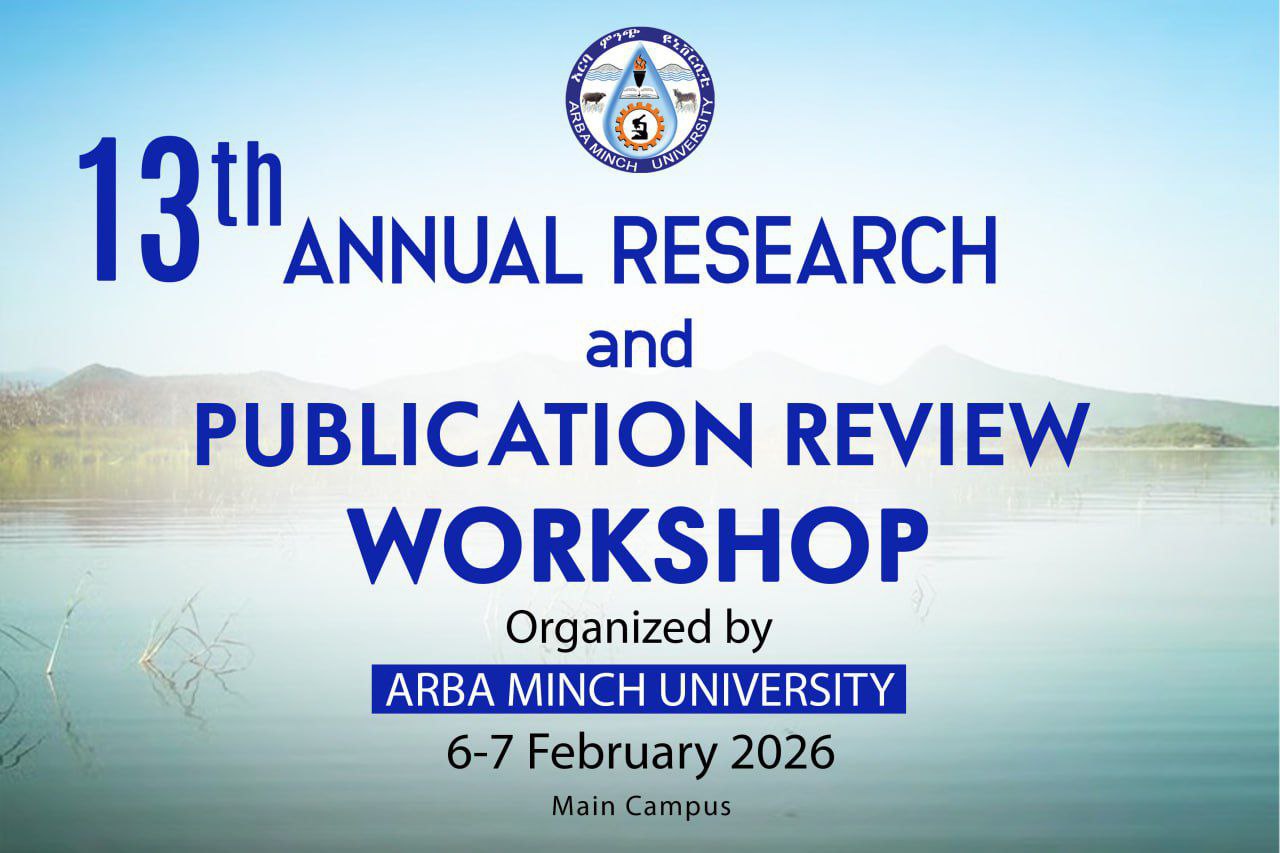The previous write-up on Dr Simon Shibru’s PhD research has briefly exposed the factors that have pushed Nech Sar National Park on the brink of total collapse. Now, it’s time to look into the scientific and technical factors that have further exacerbated the situation and following details will make associated things absolutely clear.
Dr. Simon informed that he had measured the response of vegetation, small mammals and large herbivores to human-induced pressures (HIPs) in Savannah plains and investigated the effects of HIPs on these organisms using Manipulative and Mensurative experiments.
Manipulative approach included erecting fences to bar large herbivores and allow small mammals for grazing; while Observational approach was used to measure community components. And findings state that grazing, habitat loss and hunting have negatively affected the conservation effort. Therefore, cattle grazing management and inclusive management approach are recommended to alleviate the worsening scenario.
On what prompted this research, he said, rising resource demand of people pitted against the resulting conflicts on resource use among stakeholders triggered the idea. The work done might be satisfactory but it needs to be taken to the next level. Similarly, additional factors like climate, soil, fire and socio-economic aspects will add new dimension but temporal and spatial scales also need to be equally improved.
He further adds, collaborations between partner countries through their institutions are also important to further this research. On important results, he said, though, findings, conclusions and recommendations are interdependent, but, understanding and application can vary.
Reiterating his central idea, he said, HIPs particularly livestock grazing, illegal hunting and habitat loss have inflected deleterious blow to the savannah plains and its wildlife. My findings can be a dependable data to caution managers that biomass or vegetation height alone can’t necessarily be indicators of ecosystem health; therefore, it can be a decision support tool to find a way out.
On exceptionality of study, he adds, such type of Manipulative approach is first of its kind in Ethiopia for it has provided relatively more dependable evidence on effects of HIPs on flora and fauna of the protected areas; it has also added new names to small mammals list in the park.
On far-reaching implications, he added that to resolve the problem, integrated approach is important as the issue isn’t just ecological but socio-economic and political as well, so inclusive approach will fetch desired results while exclusivity will prove counter-productive.
Defining the vexed point, he said, therefore, socio-political ecology is crucial to this colossal social malaise, which if addressed with political maturity and social understanding will prove to be a patch-breaking for both this region and nation as a whole.
On the probable next step, he informed that on the basis of his findings, he is contemplating to design a project and after procuring fund will launch a mission to find out an agreeable solution to this socio-economic issue.
(Corporate Communication Directorate)





